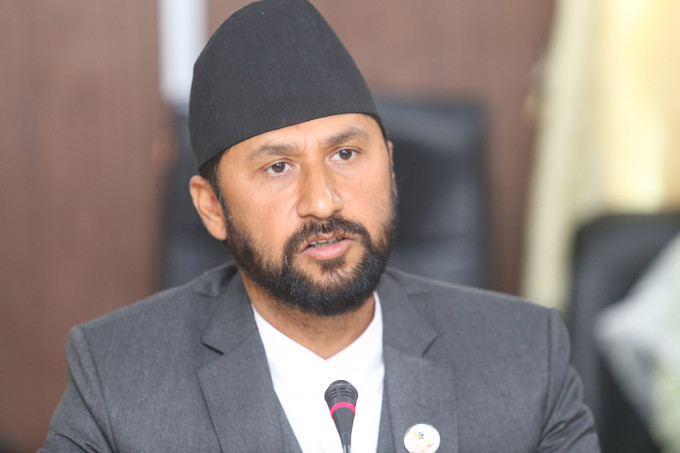But it has run into resistance from the pharmaceutical industry and others, who say it won’t help curb the outbreak any time soon and will hurt innovation.
Here’s a look at what patents do and why they matter:
HOW DO DRUG PATENTS WORK?
Patents reward innovation by preventing competitors from simply copying a company’s discovery and launching a rival product. In the US, patents on medicines typically last 20 years from when they are filed, which usually happens once a drug maker thinks it has an important or lucrative drug. Because it often takes a decade to get a drug approved, companies typically enjoy about a dozen years of competition-free sales. But drug makers usually find ways to improve their product or widen its use, and they secure additional patents that can extend their monopoly for many more years.
WHY IS PATENT PROTECTION SO IMPORTANT TO DRUGMAKERS?
Medicines are incredibly expensive to develop. Most experimental drugs fail at some point during the years of laboratory, animal and finally human testing. Averaging in the cost of those flops, it typically costs over $1 billion to bring a drug from discovery to regulatory approval. Without the prospect of years of sales without competition, there’s far less incentive to take that risk.
WHY IS THE US BACKING EFFORTS TO LIFT PROTECTIONS ON COVID-19 VACCINES?
The Biden administration has been under intense pressure, including from many Democrats in Congress, to get more COVID-19 vaccines to the rest of the world. Support for the waiver idea floated by India and South Africa in October has been growing in other countries while the outbreak worsens in some places, especially India.
WHY HAVE THE US AND OTHERS OPPOSED LIFTING PROTECTIONS IN THE PAST?
The US and some other wealthy countries lead the world in many areas of research and innovation, particularly medicines. Aside from the prestige that confers, pharmaceutical companies provide millions of well-paying jobs, generate tax revenue and provide new medicines that can save or improve lives. Drugmakers and their trade groups spend millions every year lobbying governments to maintain the status quo on patents.
WHY IS THE INDUSTRY SO OPPOSED TO THE EFFORT?
In a word, money. In the US, pharmaceutical companies can charge whatever they want for their medicines. They typically raise prices twice a year, often doubling or tripling them during a drug’s patent-protected years. That makes the big, long-established drug makers among the world’s most profitable companies. But a huge amount of innovation also comes from startup companies, which relay heavily on investors to fund early research. Without the prospect of a big payday, it would be much harder to attract investment.
Les Funtleyder, health care portfolio manager at E Squared Asset Management, thinks the industry is less worried about protecting its patents for the COVID-19 vaccines than about the “slippery slope” such a precedent could create.
WHAT IS THE PROCEDURE FOR LIFTING PATENT PROTECTIONS?
The decision is up to the 164-member World Trade Organization, which administers complex trade rules among nations. And all of them would have to agree for it to happen. If waivers are approved, vaccine developers would then have to share their know-how for the very complex manufacturing.
HAS THIS EVER HAPPENED BEFORE?
There’s no precedent for vaccines, but two decades ago WTO members passed a temporary waiver allowing poor countries to import cheap generic drugs for HIV, tuberculosis and malaria amid health crises. That temporary waiver eventually was made permanent.
WHAT WOULD LIFTING PROTECTIONS ON COVID-19 VACCINES ACCOMPLISH?
That’s not entirely clear, but drug makers and analysts say waiving patent rights won’t do much to get COVID-19 vaccines to developing countries faster. That’s because making them is far more complex than following a recipe, requiring factories with specialized equipment, highly trained workers and stringent quality control. There is also little available factory capacity. In addition, many raw materials to make the vaccines, along with vials, stoppers and other components, are in very short supply, which won’t change soon.





1672397318_680.jpg)

